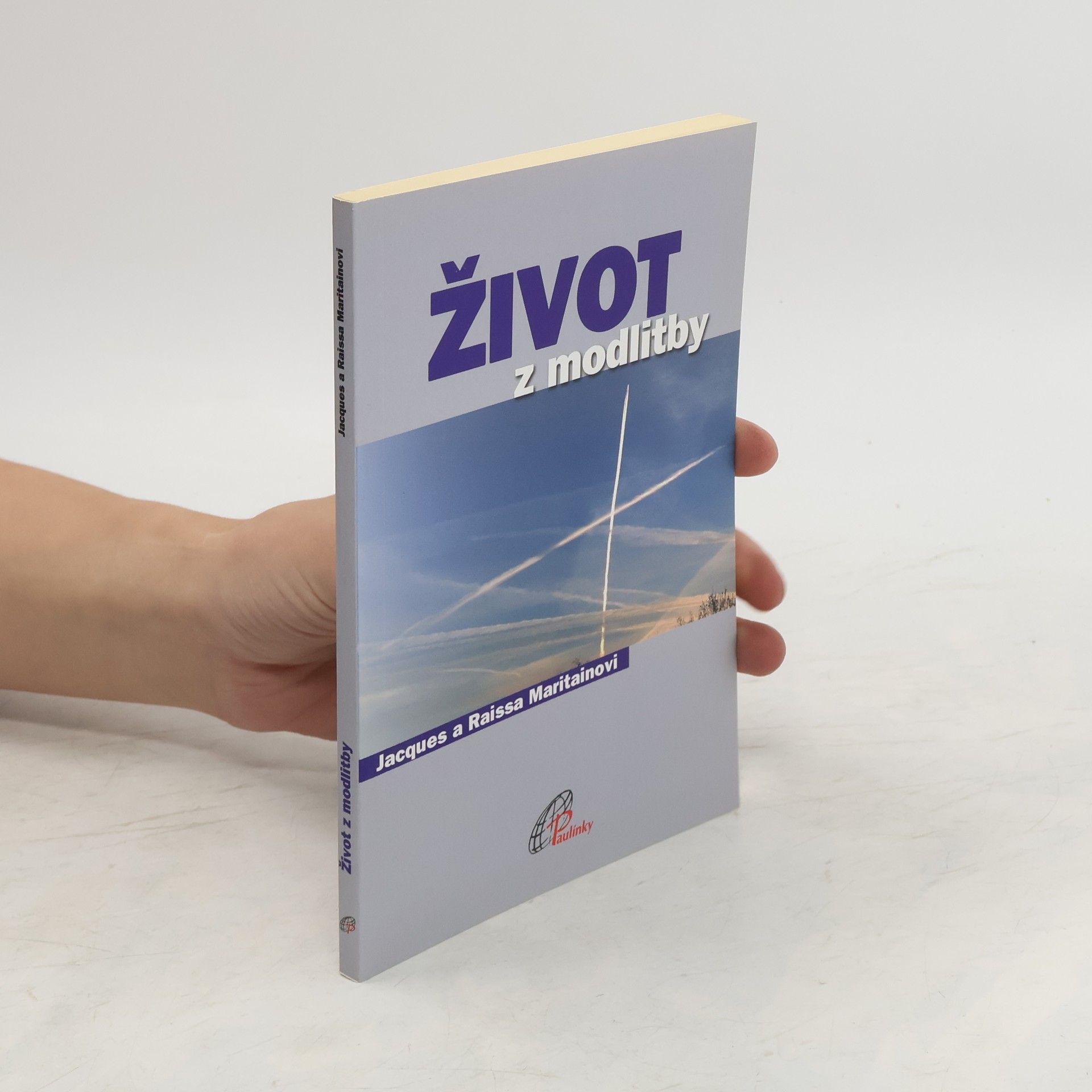Degrees of Knowledge
- 530bladzijden
- 19 uur lezen
The exploration of knowledge in this work is divided into two distinct parts. The first part focuses on rational knowledge, examining the degrees of knowledge relevant to science and philosophy. The second part shifts to super-rational knowledge, delving into the complexities of religious faith and mysticism. Maritain emphasizes the varying kinds and orders of knowledge, highlighting how the nature of what is to be known and the degree of abstraction influence understanding.








